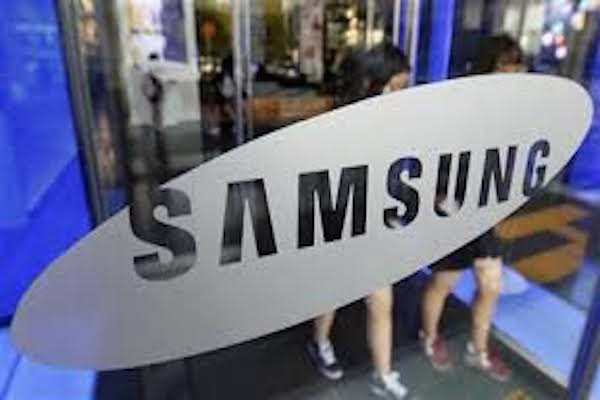South Korean tech giant Samsung is denying the allegation thrown by a research group funded by the European Union claiming that the company is cheating on some energy efficiency tests.
Independent lab tests have found out that some Samsung TVs sold in the European market appears to use less energy when subjected to official testing conditions. However, these numbers are not consistent with how the TVs perform in real-world use. This lead experts to believe that the company is using some sort of protocols in order to cheat energy efficiency tests.
The European commission released a statement saying that it will investigate these allegations of cheating energy efficiency tests and promised to tighten regulations regarding the use of these so called defeat devices not only on TVs but also other consumer products.
According to The Guardian, the discrepancy regarding Samsung TVs remind experts of the recent Volkswagen cheating scandal. The German automaker admitted to fitting 11 million of its diesel vehicles with software that allows the car to emit less pollutants during tests than in real-world driving.
Samsung denies that its motion lighting feature on some of its TVs is design to cheat energy efficiency tests. The company added that motion lighting is a legitimate feature integrated on its TVs and it is not a defeat devices.
Samsung issued a statement on its official blog saying, "There is no comparison [between motion lighting and VW defeat devices]. This is not a setting that only activates during compliance testing. On the contrary, it is an 'out of the box' setting, which reduces power whenever video motion is detected."



























